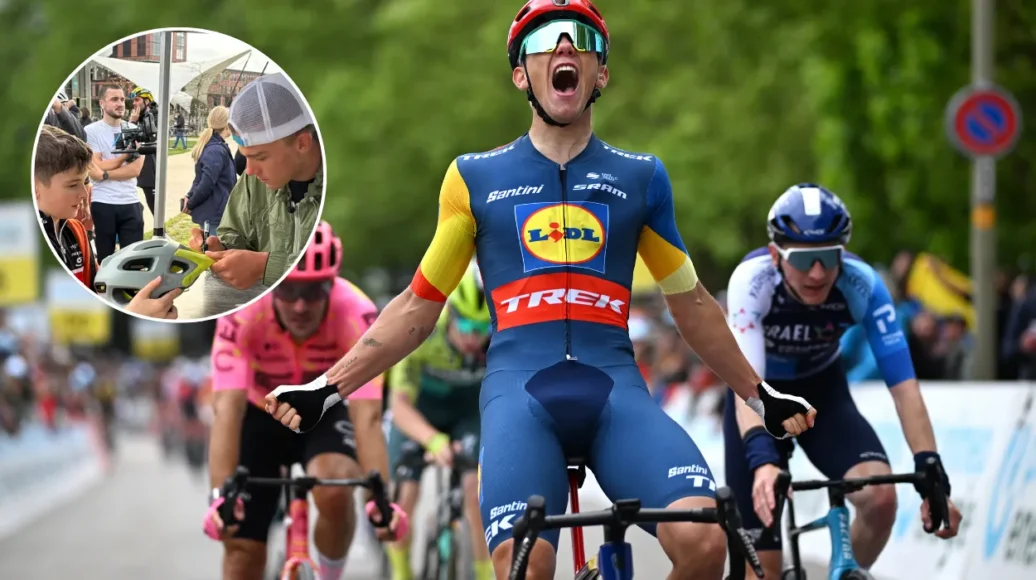
Brno – Law students from twelve European universities are honing their skills in a simulated courtroom setting in Brno. From Thursday to Sunday, the city is hosting the regional finals of the European Law Moot Court, a distinguished competition focused on European Union law. This initiative aims to equip students for practical legal work, as reported by CTK.
Each year, approximately one hundred teams, each composed of three or four members, register for the competition. They receive their case assignments in September and dedicate several months to preparation. By the end of November, they submit written pleadings, from which 48 teams are selected for the oral round. This round includes four regional finals, each featuring 12 competing teams. Notably, Brno is hosting its first-ever regional final this year, welcoming participants from Switzerland, France, the United Kingdom, and Sweden. The event is organized by the Faculty of Law at Masaryk University in collaboration with the Supreme Administrative Court (NSS) and the Constitutional Court.
“I endorse all forms of collaboration between academia and legal practice, as the synergy between these domains not only enhances student development but also fortifies the foundational values of our society,” stated NSS chairman Karel Šimka. The remaining regional finals will be held in Helsinki, Barcelona, and Lyon, with the winners advancing to the global final at the Court of Justice in Luxembourg in April.
This year’s case involves issues related to private enforcement of competition law, the independence and impartiality of national competition authorities, and the obligation of food manufacturers to disclose the country of origin of their raw materials, including whether the specified area is disputed or occupied.
Students present their arguments in both English and French, advocating for each side of the dispute before a panel of legal professionals from various countries. “In some respects, it can be even more challenging than in actual practice, given that simultaneous translation is conducted before the real EU Court of Justice, and judges do not interact during the principal oral presentations,” explained NSS spokeswoman Sylva Dostálová. (February 7)













Leave a Reply